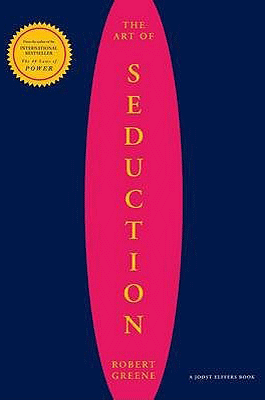2008 and Beyond
In studying demographic and cultural trends in the United States for the past few years, I have come to the conclusion that there is a great opportunity for the Democratic party to forge an electoral majority that could last for many years. In my opinion, this should be the primary strategic concern of the party. This would require the ability to connect to large numbers of the electorate, using certain key issues and values that transcend the monthly news cycles. In prior entries I have signaled what this could be. But the content is not as important as the decision to follow this path.
We are seeing an America that is increasingly Balkanized. Political coalitions of the past are splintering. People find it harder to identify with anything large anymore. The danger in politics is to passively follow this trend and become a party that is a slave to the laundry list syndrome: taxes, education, energy, defense, national security, this special interest or that one, on and on. Not only does this fail to inspire or heat anyone up, it creates a strange void. What connects the list, what is the idea behind them, what does this party stand for in the end?
This is a moment in which the Democratic Party must transcend this deadly pattern. It must find a way to create a kind of common mythology that unites voters, makes them feel they belong to a greater cause. In the Seduction book, I analyzed how JFK was able to do this in a masterful way in 1960, a period of time that reminds me a little of what we are going through now. It is not something to blindly imitate, but a possible model.
Today is the 2006 election. In many ways, it would make more sense to write this tomorrow, after the results are in and we can analyze what happened. But my eye is on something larger, 2008 and beyond, and I will leave it to the experts to read the tea leaves. In looking back, this campaign year has been a dispiriting and depressing spectacle. The usual vitriol and stupidity has sunk to new depths. The TV campaign ads on both sides, but particularly the Republicans, have been horrific. It is almost as if you can now say anything and get away with it, blatantly spinning the most ridiculous lies.
In the end, however, it is likely that the Democrats will prevail, gain control of the House and come quite close to a majority in the Senate. This will tend to paper over the tremendous weaknesses in the party and the strategists guiding it. It has become the party of NOT BUSH and the laundry list.
What concerns me is that in the absence of an overall vision articulated by the Democrats, the void will be filled by a new kind of Republican such as we are seeing here in California with Schwarzenegger, or Giuliani or Bloomberg, among others. Triangulating Republicans who confuse the public and push the Democrats into a liberal corner, where they will remain in their ghetto.
The Japanese have an expression: “When you have won a victory, tighten the strings of your helmet.” In other words, do not take that helmet off and relax, but act as if you had lost, as if you must be doubly vigilant for the next round of battles. A victory by the Democrats might very well cause a misreading of the situation. Instead of seeing that such a victory was largely due to the unpopularity of Bush and his incompetence, they will see it as something more meaningful. They will not understand that the large number of independents who voted Democrat this time round have very slender loyalties to the party.
Tighten the strings: This is the time to take a large step back, to plot future moves, to see the bigger picture. The Republicans did this in the 1960s and it led to the creation of a new kind of electoral majority, one that only now is falling apart. Some victories can lead to greater failure and in the end are not victories at all. And some defeats give you something solid to build upon, and are really not defeats. What good will it be to win this round, if it only helps set up John McCain in 2008?
One Democrat who understands this very well is Barack Obama, and I recommend reading his new book. I find him fascinating. He is the very type to alter the bad dynamic the party has fallen into. He was against the war from the beginning, articulated this in a thoughtful way, and stuck to his guns. How novel and refreshing. He wants to create a new political model. My only concern with him is his toughness. He sometimes seems too articulate, too thoughtful, an Adlai Stevenson-type. How will he stand up to the fire when the Republicans come at him with their viciousness? We have no way of knowing, because his career is so short.
Another Democrat that I feel has potential is Eliot Spitzer in New York, but we must see more of him on a larger stage, which he will now have as governor. He has the toughness, but does he have the larger vision?
It will be great to wake up tomorrow to an end to this one-party rule we have fallen into, and I do not want to dampen any desire to celebrate. But a strategist must remain sober and keep his or her eyes on the real campaign, 2008 and beyond.







